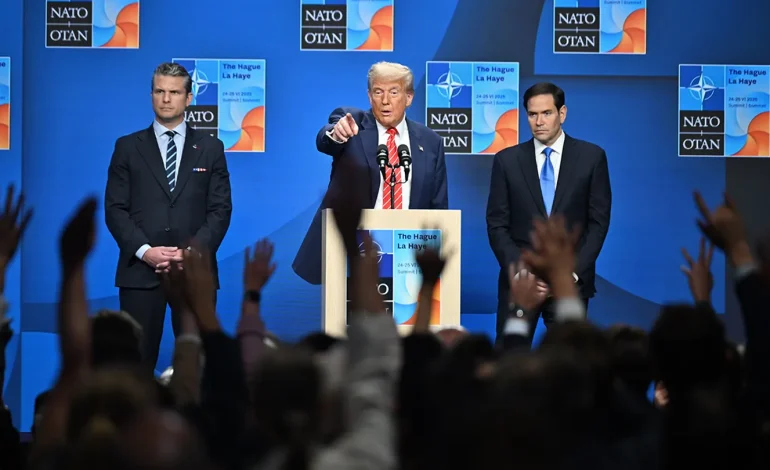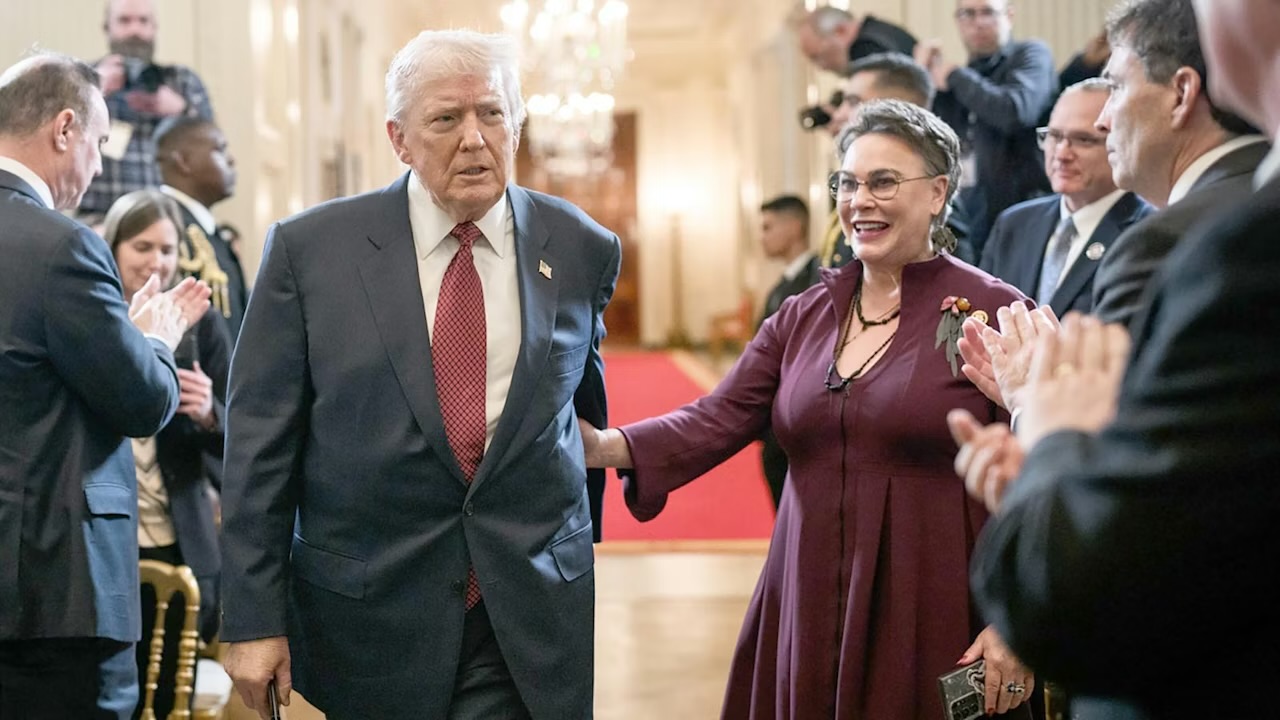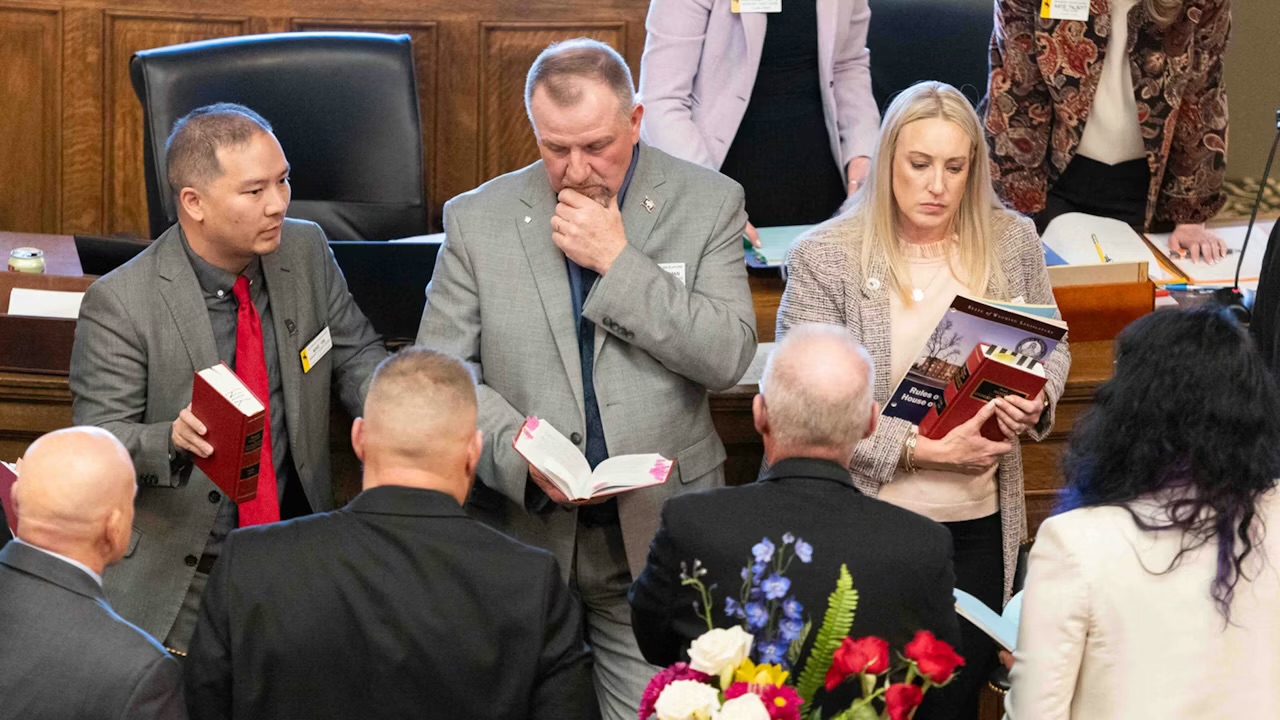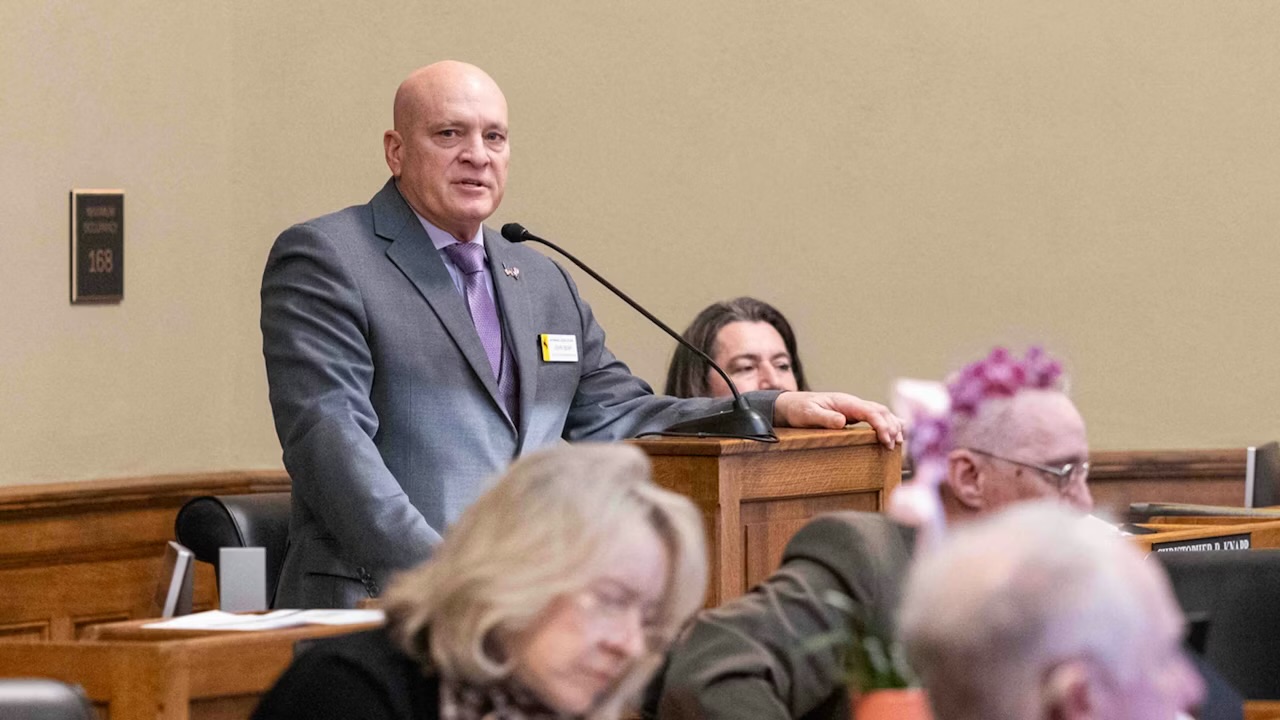US, Israel, Iran All Acknowledge Nuclear Sites Were “Badly Damaged” Despite Conflicting Intel

U.S. officials, Israel, and even Iran have all confirmed that recent precision airstrikes significantly damaged the Islamic Republic’s nuclear facilities, even as a leaked Pentagon intelligence report suggested only limited setbacks. The coordinated messaging highlights deep disagreements over the true impact—and its implications for future diplomacy.
Recent strikes—executed jointly by the U.S. and Israel—targeted Iran’s key enrichment and research hubs at Fordow, Natanz, and Isfahan. A U.S. official confirmed to Fox News that all three sites were “destroyed” or “badly damaged,” language mirrored directly by Iran’s own Foreign Ministry spokesman . Israeli Prime Minister Benjamin Netanyahu also affirmed that Fordow was “rendered inoperable,” stating the combined strikes set Iran’s nuclear program back “by many years.”
In contrast, a preliminary U.S. Defense Intelligence Agency memo—leaked to the press—characterized the damage as more modest, estimating that Iran’s program might only be delayed “by a few months, tops.” That report noted that key underground centrifuge facilities likely remained intact and that a large portion of Iran’s enriched uranium had been evacuated .
CIA Director John Ratcliffe later responded, stating that a “body of credible intelligence” indicated that the setbacks were far more severe—such that the facilities would “have to be rebuilt over the course of years”. He called the Pentagon leak “low-confidence” and emphasized that it did not reflect the agency’s broader assessment. Meanwhile, former Representative Tulsi Gabbard, now DNI, backed Ratcliffe’s claim and supported the higher damage assessment.
The White House, along with Israel’s Atomic Energy Commission, dismiss leakage that downplays the strikes. U.S. Defense Secretary Pete Hegseth echoed Ratcliffe’s position, stating that the strikes achieved their goals and reaffirming the importance of operational security .
Amid this clarity clash, President Trump pressed his case at the NATO summit, drawing comparisons to Hiroshima and Nagasaki and asserting that Iran’s enrichment facilities had been “obliterated.” He insisted that U.S.–Israeli operations “ended the war” and ruled out full reliance on leaked intel.
With input from Fox News









The latest news in your social feeds
Subscribe to our social media platforms to stay tuned